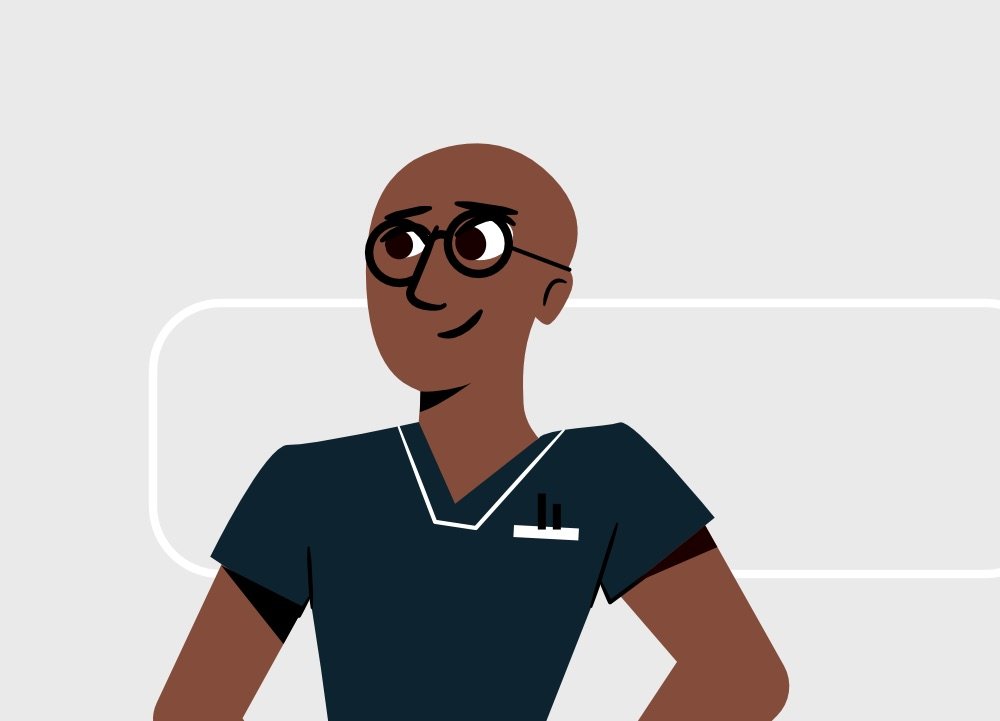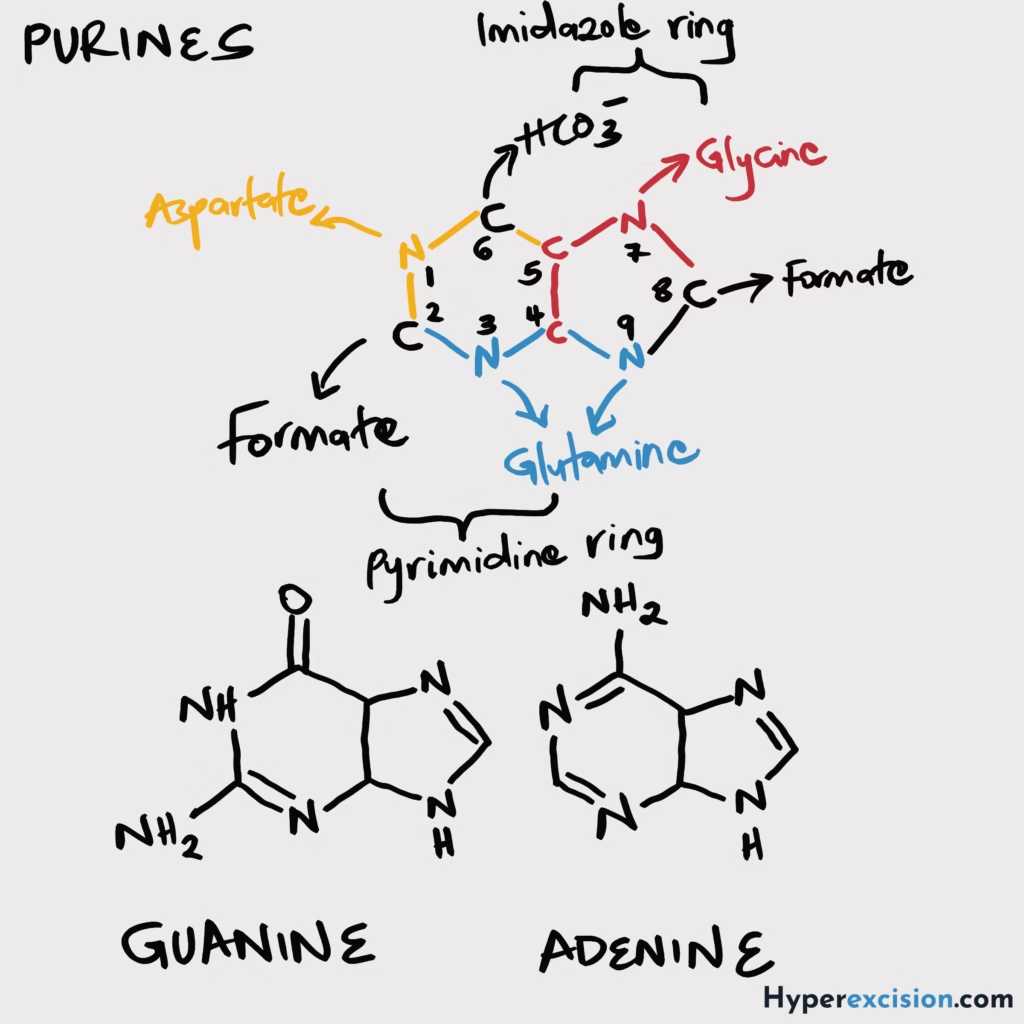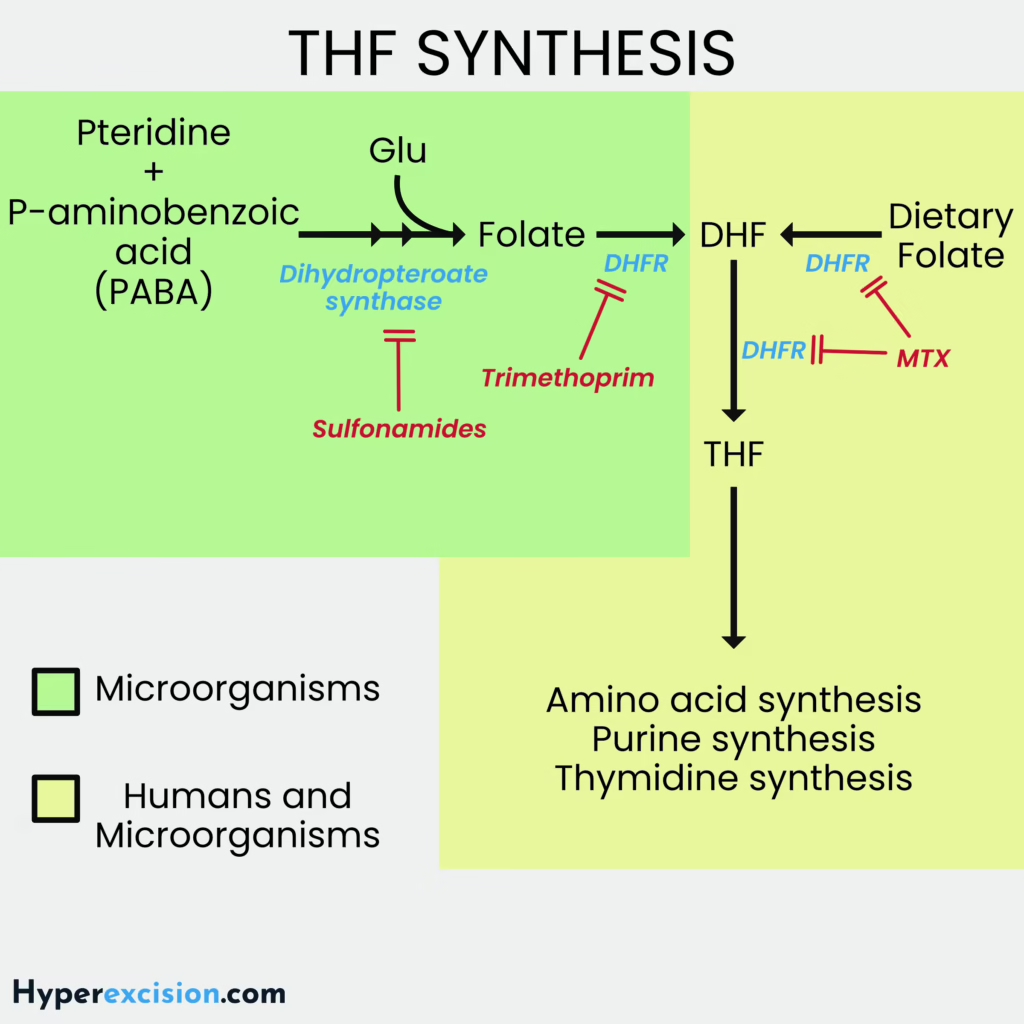Table Of Contents
Catha edulis
Catha edulis is an amphetamine/like a drug with psychoactive + sympathomimetic effects. The main chemical component is cathinone, tannins, and norephedrine. It can be chewed or consumed as a juice, and is commonly taken with other drugs e.g. alcohol.
- Signs and symptoms of acute intoxication
- Euphoria
- Suppressed appetite and hunger
- Increased alertness
- Suppresses sleep and fatigue (in work situations)
- Biological complications of catha edulis use
- Oral complications
- Dental complications
- Gastrointestinal: gastritis, constipation, ischemic colitis
- Cardiovascular: myocardial infarction, severe HTN, Cerebrovascular disease
- Genitourinary: erectile dysfunction, spermatorrhoea
- Pregnancy: low birth weight, small head circumference, growth retardation
- Psychiatric complications of stimulant use
- Stimulant intoxication (more with amphetamines, less with Khat)
- Problematic change in behavior/psychological (euphoria, affect blunting, changes in sociability, hypervigilance, interpersonal sensitivity, anxiety, tension, anger impaired judgement, impaired social or occupational functioning)
- ≥ 2 physiological changes (tachycardia, bradycardiia, mydriasis, HTN, HypoTN, perspiration, chils, N/V, evidence of weight loss, psychomotor agitation or retardation, muscular weakness respiratory depression, CP, arrhythmia, conusion, seizures, dystonia, or coma)
- Grandiosity (”story za jaba”), talkativeness, alertness, gregariousness, rambing speech, headache, ideas of reference, tinnitus,
- Psychosis (of the paranoid type) hallucinations may occur (auditory, visual, tactile).
- Treatment: haldol/droperidol in severe agitation
- Stimulant intoxication (more with amphetamines, less with Khat)
- Stimulant withdrawal
- Occurs after cessatiion of use or reduction after prolonged use. Peaks in 2-4 days and resolves after 1week
- Dysphoric mood + ≥ 2 of the following physiological changes: fatigue, unpleasant dreams, insomnia or hypersomnia, increased appetite, psychmotor agitation, retardation, bradycardia (prominent feature), headache, profuse sweating, muscle cramps, stomach cramps
- Stimulant-induced psychotic disorder
- Similar to “paranoid” schizophrenia.
- Paranoia is a main hallmark
- Visual hallucination, appropriate affect, hyperactivity hyperesexuality, confusion and incoherence, delusions (of the paranoid spectrum – persecutory, reference)
- Resolves quickly with medication



